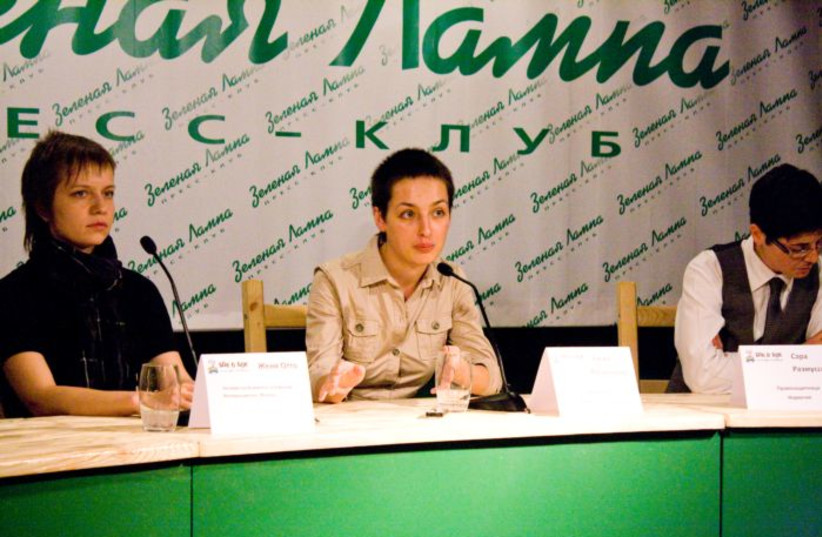German prosecutors said they are investigating the attempted murder of Berlin-based Russian journalist Elena Kostyuchenko after she was one of three Russian exile journalists who experienced symptoms consistent with poisoning.
Kostyuchenko, a foreign correspondent who exposed alleged Russian war crimes in Ukraine, last October experienced extreme disorientation, abdominal pain and swollen extremities on a train journey from Munich to Berlin.
"When I got out at the train station, I realized I couldn't figure out how to get home," she wrote two weeks ago in the literary journal n+1. "I knew that I needed to transfer to the subway, but I couldn't figure out how."
Two weeks ago, investigative portal The Insider reported that doctors they had consulted had said her symptoms were consistent with poisoning.
Investigating the attempted murder
"We can confirm that an investigation into the attempted murder of Elena Kostyuchenko is pending," a spokesperson for Berlin prosecutors said on Friday.

The Insider reported that two other Russian woman journalists living in exile experienced poisoning symptoms in the same period: in May 2023, Natalia Arno, president of the US-based Free Russia Foundation fell ill in Prague. In October, radio journalist Irina Babloyan fell ill in Tbilisi.
Kostyuchenko and her doctors initially believed she was suffering from COVID-19 symptoms, and by the time full tests were run, it was too late to test for poison residues or anything that would confirm poisoning.
German prosecutors declined to give further details of their investigation, citing its sensitivity.
Until it closed, she worked for Novaya Gazeta, the independent newspaper that won the Nobel Peace Prize for its reporting on Russia and which counts Anna Politkovskaya, the journalist murdered after reporting on Russia's wars in Chechnya, among its former staff.
Since then she has been working for Vilnius-based Russian news website Meduza.
Now living in hiding, Kostyuchenko said the impact of the poisoning was still with her.
"I'm truly exhausted though I have work to do," she told Reuters.
